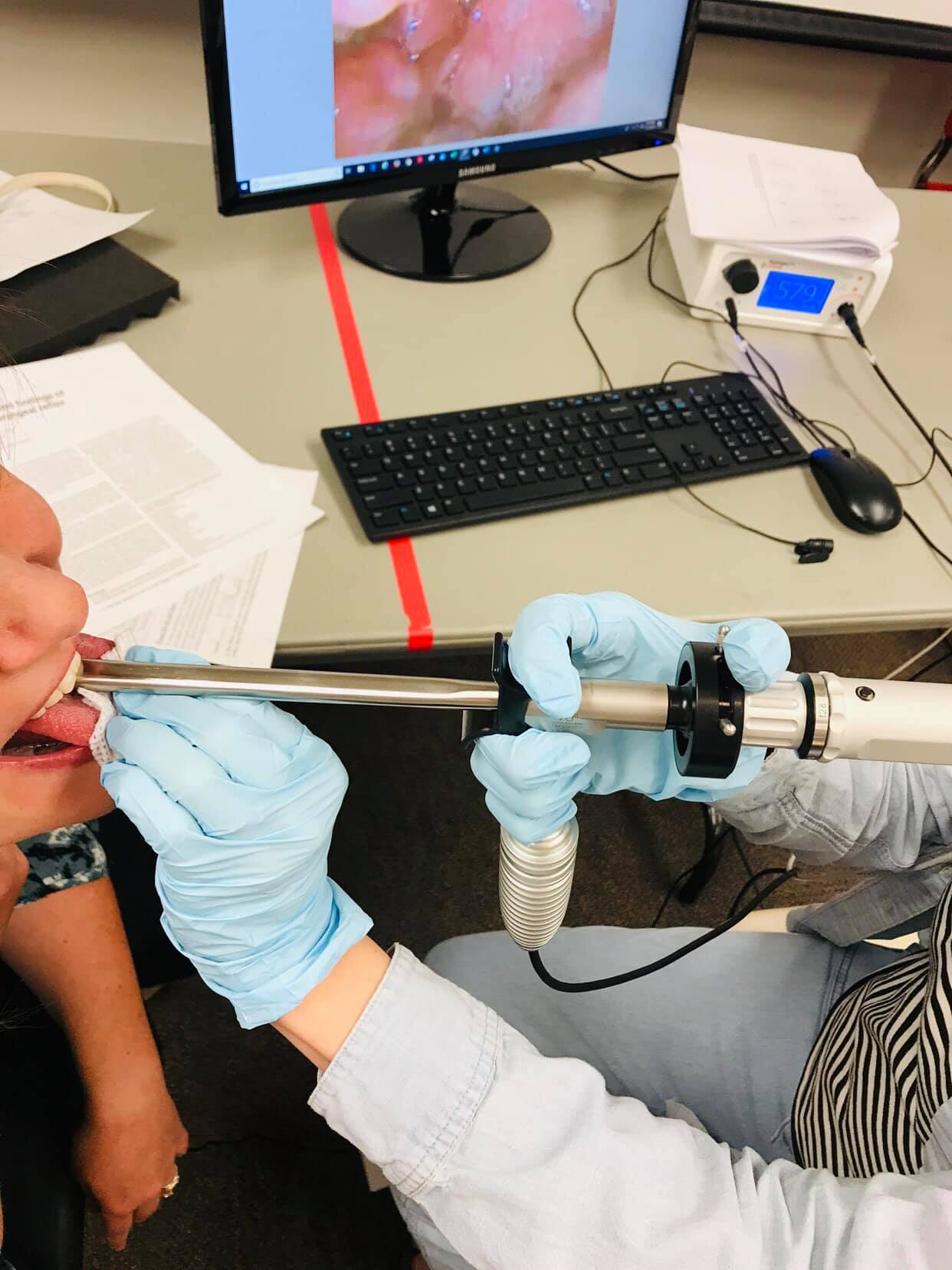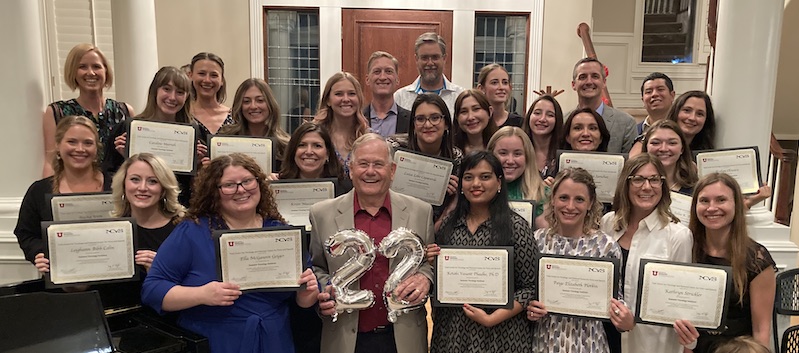 Summer Vocology Institute
Summer Vocology Institute 
The Summer Vocology Institute (SVI) is an intensive, efficient and innovative way to learn Vocology, the science and practice of voice habilitation. SVI is sponsored by the Utah Center for Vocology and the University of Utah.
Admissions Student info 2025 SVI Faculty SVI Graduates contact us
A vocologist is any person who habilitates vocal behavior - a speech-language pathologist, otolaryngologist, singing teacher, or voice coach. Vocology has evolved recently from inter-relationships between speech science, medicine, theatre training and vocal pedagogy. This is not widely taught in academic institutions as an independent discipline.
In contrast to the limited supply of trained vocologists, the demand for their professional services is rising. Voice centers in the United States report an increasing caseload of patients needing the expertise of clinicians specially trained in voice. These people turn to voice centers either for rehabilitation and the return of functional voice or to benefit professionally from vocal habilitation by learning to optimize the efficiency and effectiveness of their speaking voices.
The Summer Vocology Institute's philosophy combines high standards with flexibility. Just as vocology has evolved from a number of disciplines, participants from a wide variety of backgrounds will be considered. Likewise, participants from various professional levels are welcomed. Students enrolled in graduate programs from any accredited institution are eligible and can earn graduate credits. Other participants will be those who have already earned their professional degrees, but would like to add vocology to their knowledge bases. SVI is open to interested individuals within the United States and abroad. Enrollment will be limited to ensure close interaction between faculty and course participants.
2026 Curriculum and Schedule
Course 1: June 8 - 26, 2026
Principles of Voice Production (3 semester credits)
Basic physical, physiological, and pedagogical principles are presented to help students
understand professional, nonprofessional, and impaired voice production. Additional
areas of exploration include: vocal anatomy, voice classification, control of loudness,
pitch, register, and quality as well as efficient and inefficient use of voice.
*Note: This class is science based and may be difficult for those who have not taken
math in a while. Please see the attached SVI Math Review document to determine if
this course is right for you
Course 2: June 29 - July 10, 2026
Instrumentation for Voice Analysis (2 semester credits)
The use of glottographic, videostroboscopic, electromyographic, aerodynamic, and acoustic
analysis for assessment of vocal and respiratory function are presented. The use of
these techniques in conjunction with perceptual evaluation of voice is also discussed.
Course 3: June 29 - July 17, 2026
Voice Habilitation (2 semester credits)
The application of methods of intervention is presented in the development, training,
and habilitation of vocal behavior. Motor learning and the efficacy of treatment strategies
are also taught. Finally, factors affecting compliance with recommended therapy are
explored.
Course 4: July 15-July 23, 2026
Voice for Performers (2 semester credits)
A comparison of kinesthetic techniques for the singing/acting voice through a practical
exploration of relaxation, posture, breathing, tone quality, diction, and interpretation.
The student will gain an understanding of diverse methods of voice training in both
singing and acting with practical application to their own voice use.
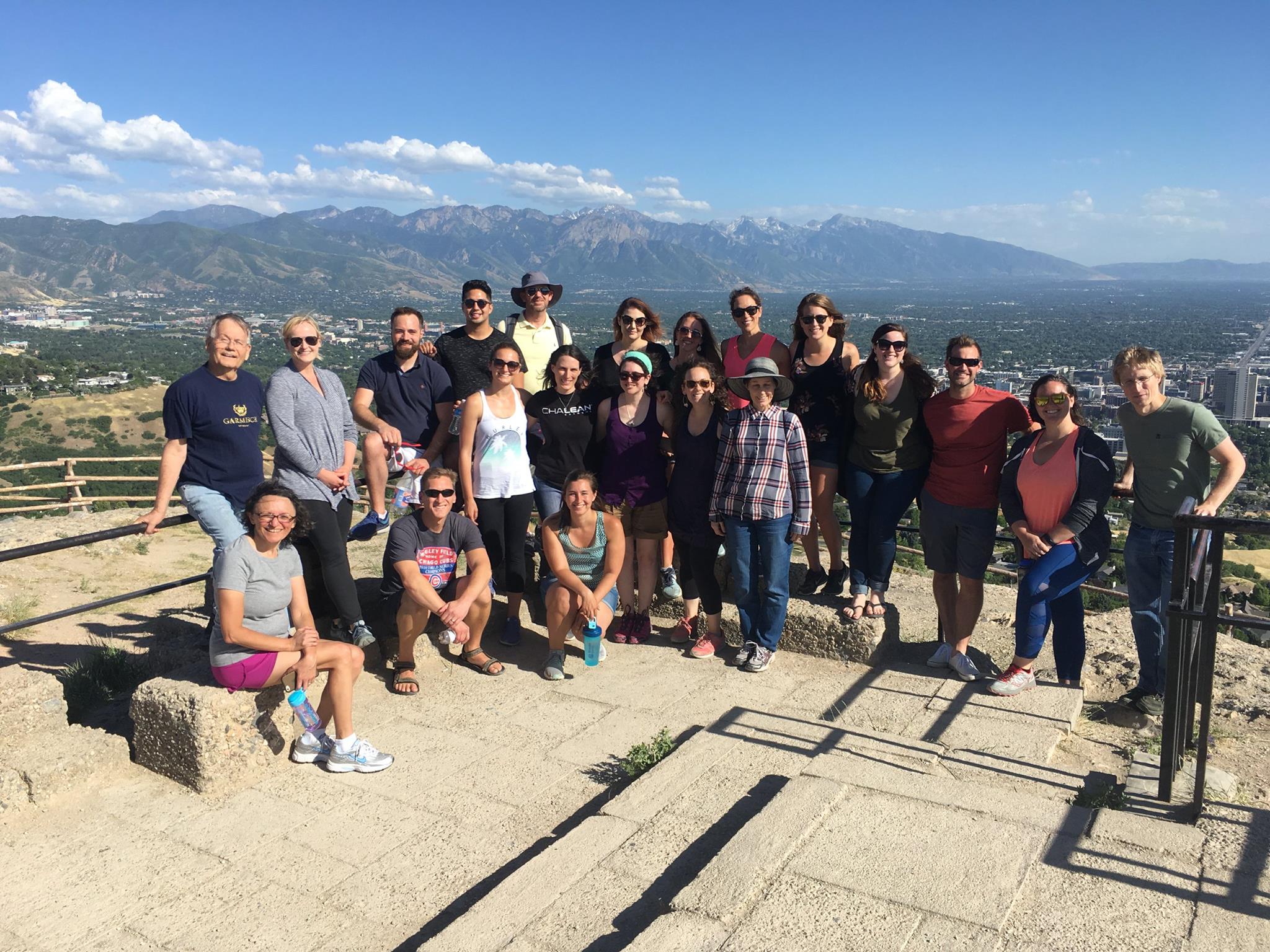
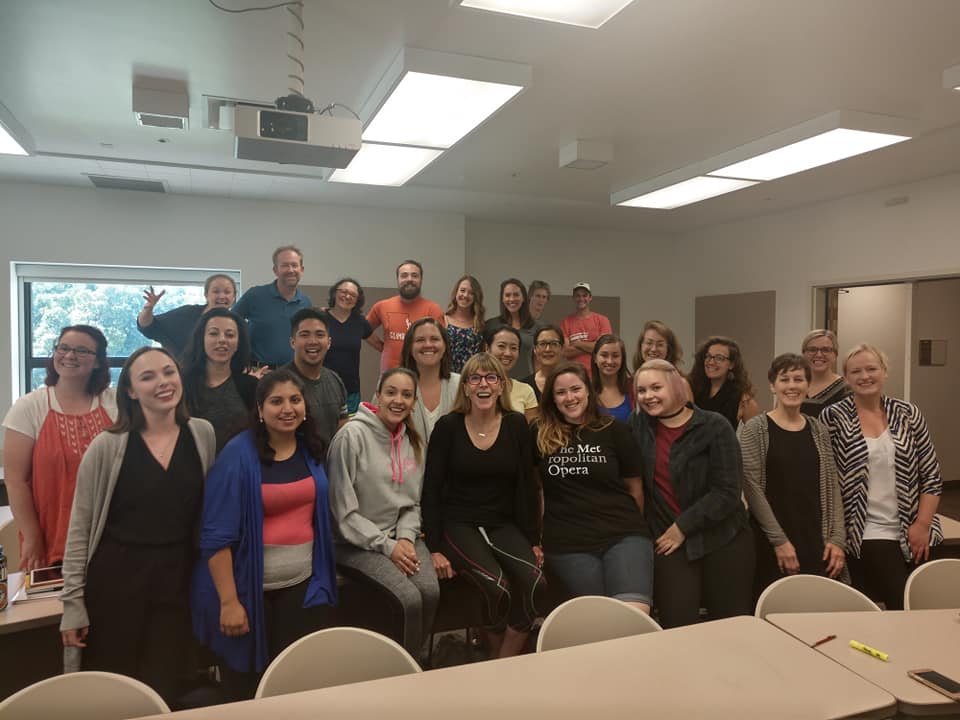
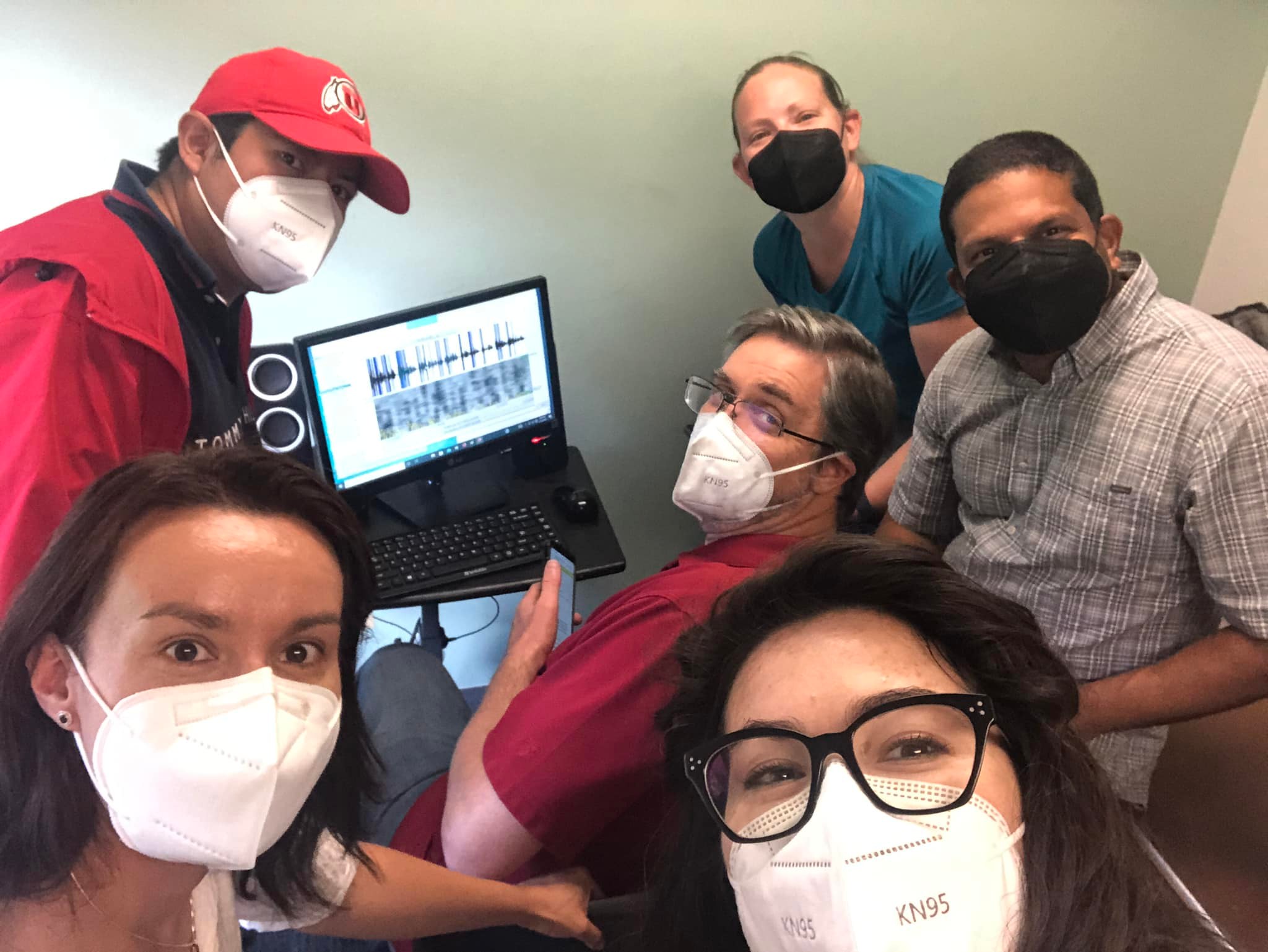 .
. 